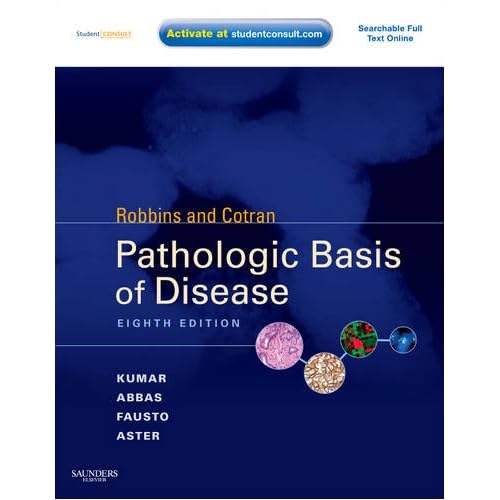RanchoEMT
Forum Lieutenant
- 158
- 0
- 16
Can you guys shed some light on some medical problems/issues that commonly pop up but are not within the EMT scope of knowledge?(What we were not taught in EMT school)?
i.e. Low Hemoglobin Level(associated with anemia)- Probable Iron deficiency or if post surgery probably means an internal bleed. Male= 14-18 Women= 12-16 Child= 11-13
Thank You Preemptively.
i.e. Low Hemoglobin Level(associated with anemia)- Probable Iron deficiency or if post surgery probably means an internal bleed. Male= 14-18 Women= 12-16 Child= 11-13
Thank You Preemptively.

